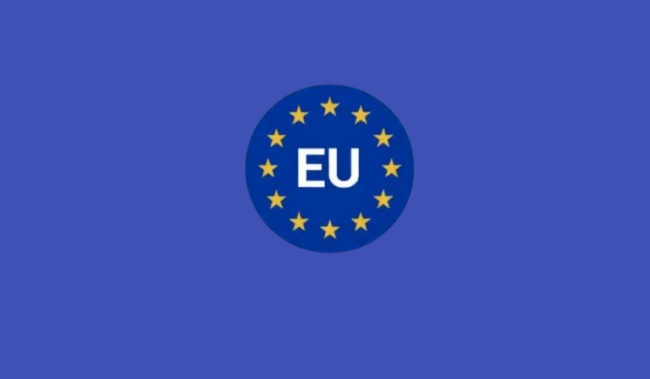Highlights:
- European Commission may grant ESMA greater authority over EU crypto firms.
- ESMA’s new oversight could cause uncertainty for companies already following MiCA rules.
- The draft still requires approval from the EU Parliament and member states.
The European Commission plans to give the European Securities and Markets Authority (ESMA) more power to directly supervise crypto companies across the European Union. Bloomberg reported that draft proposals about this shift have been shared by EU officials ahead of a formal announcement expected next month.
Currently, under the Markets in Crypto‑Assets Regulation (MiCA), crypto firms register in one EU country and can operate in all others. Yet, the national regulators are still monitoring these firms daily, but the system allows firms to choose the countries with less stringent rules. Bloomberg explains that the new regime will enable ESMA to deal with the authorisation and control of all crypto firms.
This change could be a big turning point for crypto in Europe. Companies that worked for months to follow MiCA rules may need to make new changes. Even though MiCA tries to make rules similar, each country’s rules are still different. The introduction of ESMA supervision may add to uncertainty. According to Bloomberg, experts warn it could disrupt years of efforts by local regulators and companies.
The European Commission is preparing a reform that would give ESMA direct supervisory authority over crypto-asset service providers across the EU, replacing the current member-state-level oversight. A draft is expected next month and would centralize licensing and supervision…
— Wu Blockchain (@WuBlockchain) November 14, 2025
ESMA Could Become the Main EU Crypto Authority
Under the new plan, ESMA would not only approve crypto service providers but also watch their activities across the EU. The draft says ESMA would become the main authority. This would replace the current “passporting” system, where registering in one country lets companies work in all EU countries.
Although these changes are for the EU, crypto companies around the world with EU operations could be affected. Companies registered in EU countries and serving clients across borders will need to follow ESMA’s new rules and meet any extra compliance requirements. The effects could also reach partners, service providers, or counterparties in other countries.
ESMA’s Full Crypto Control Proposal Raises Concerns
The proposals are not final. ESMA may also return some tasks to national regulators in certain cases. The draft plan still needs approval from the European Parliament and the Council of Member States. Industry voices have raised concerns. “Reopening MiCA at this stage would introduce legal uncertainty, risk delaying the authorization process, and divert attention and resources from the practical task of consistent implementation,” said Robert Kopitsch, secretary general of Blockchain for Europe. He noted that national regulators engage more closely with firms than ESMA does.
France and EU institutions mainly proposed giving more tools to ESMA. Austria and Italy also supported the idea, but they want only large companies under ESMA. Smaller firms would stay under national supervision. This change could add a new compliance layer for crypto companies.
The plan comes after the 2025 Bybit hack. Reports showed stolen funds went through OKX, an exchange with a full MiCA license active in the EU. The incident raised concerns about global risks from foreign operators. French regulators worry about non-Euro area companies that have large EU operations. Most major exchanges now hold MiCA licenses, but they remain linked to global networks.
Best Crypto Exchange
- Over 90 top cryptos to trade
- Regulated by top-tier entities
- User-friendly trading app
- 30+ million users
eToro is a multi-asset investment platform. The value of your investments may go up or down. Your capital is at risk. Don’t invest unless you’re prepared to lose all the money you invest. This is a high-risk investment, and you should not expect to be protected if something goes wrong.






